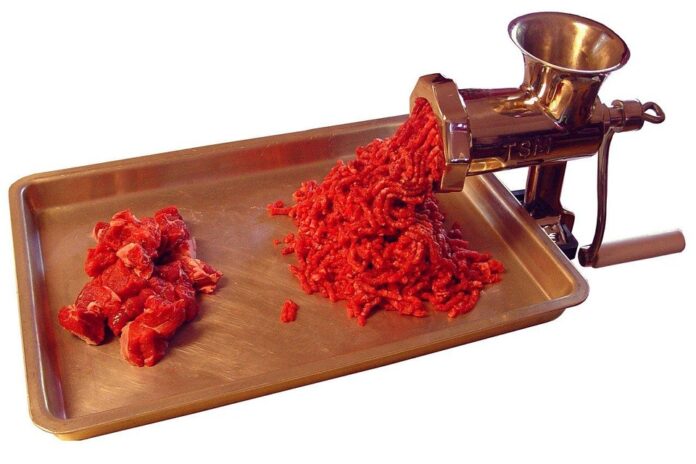Private Label Growth in Value-Added Processed Meat Segments
The private label market in the value-added processed meat segments has been experiencing significant growth in recent years. Retailers are increasingly focusing on developing their private label brands in the meat category to offer consumers high-quality products at competitive prices. This trend is driven by changing consumer preferences, a desire for transparency in the food supply chain, and the growing popularity of private label products among price-conscious shoppers.
Factors Driving Private Label Growth in Processed Meat
One of the key factors driving the growth of private label products in the processed meat segments is the increasing demand for premium and natural products. Consumers are becoming more health-conscious and are looking for products that are free from artificial ingredients, preservatives, and added hormones. Private label brands have been quick to respond to this trend by offering a wide range of natural and organic meat products that cater to these consumer preferences.
Another factor contributing to the growth of private label in the processed meat segments is the focus on sustainability and ethical sourcing. Retailers are increasingly partnering with suppliers who follow sustainable practices and ensure animal welfare standards are met. Private label brands have capitalized on this trend by offering products that are sourced from responsibly raised animals, thereby appealing to environmentally conscious consumers.
Financial Data and Industry Insights
According to a report by Nielsen, private label products in the meat category have been outpacing national brands in terms of sales growth. In the value-added processed meat segments, private label brands have seen a 10% increase in sales, compared to a 5% increase for national brands. This growth can be attributed to the competitive pricing and quality of private label products, which have resonated with consumers looking for value and trust in their food choices.
Several retailers have been successful in capitalizing on the private label trend in the processed meat segments. For example, Walmart’s private label brand, Marketside, offers a range of high-quality meat products that have been well-received by consumers. Similarly, Kroger’s private label brand, Simple Truth, focuses on natural and organic meat products, catering to the growing demand for healthier options in the meat category.
Future Outlook and Opportunities
The future outlook for private label growth in the value-added processed meat segments looks promising. Retailers are expected to continue investing in their private label brands to differentiate themselves from competitors and offer unique products to consumers. With the increasing focus on health, sustainability, and transparency in the food industry, private label brands are well-positioned to meet these evolving consumer demands.
In conclusion, the growth of private label in the value-added processed meat segments is a reflection of changing consumer preferences and the increasing emphasis on quality, sustainability, and transparency in the food supply chain. Retailers that are able to capitalize on these trends and offer innovative and high-quality private label products are likely to see continued success in the competitive meat market.




